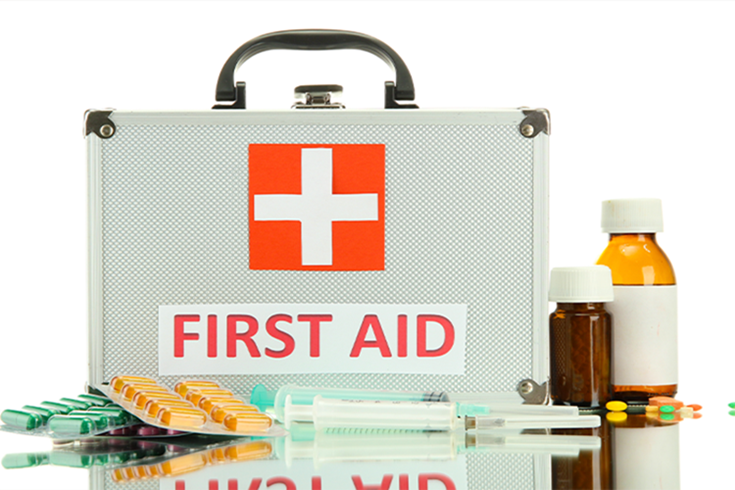What is the criteria to be eligible to be a blood donor?

Apr 19, 2022
To donate blood you should be 18 years of age and be in good general health, feeling well and able to perform your normal activities. As per to Central Drugs Standard Control Organization (India), a donor means a person who voluntarily donates blood after he has been declared fit after a medical examination, for donating blood, on fulfilling the criteria given hereinafter, without accepting in return any consideration in cash or kind from any source, but does not include a professional or a paid donor.

Criteria to be eligible to be a blood donor as follows: –
(a) Donor shall be in the age group of 18 to 60 years.
(b) Weight of the donor should not be less than 45 kilograms;
(c) Normal Body Pulse & Temperature
(d) Systolic and diastolic blood pressures are within normal limits without medication;
(e) Hemoglobin > 12.5 grams
(f) Donor shall be free from acute respiratory diseases
(g) Donor shall be free from any skin diseases at the site of phlebotomy ;
(h) Donor shall be free from any disease transmissible by blood transfusion, insofar as can be determined by history and examination indicated above;
(i) The arms and forearms of the donor shall be free from skin punctures or scars indicative of professional blood donors or addiction of self injected narcotics







